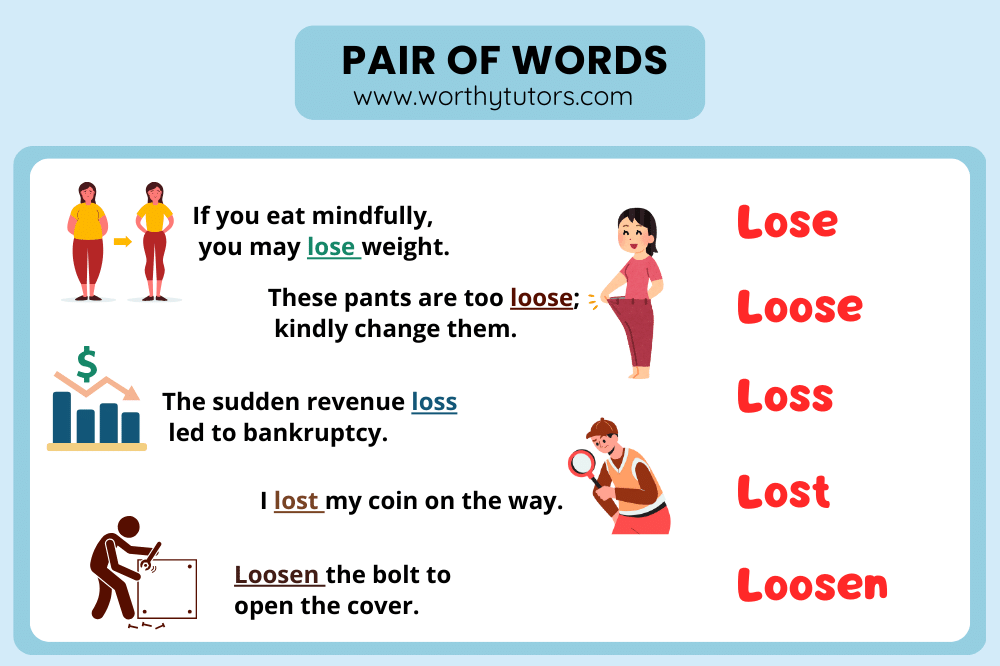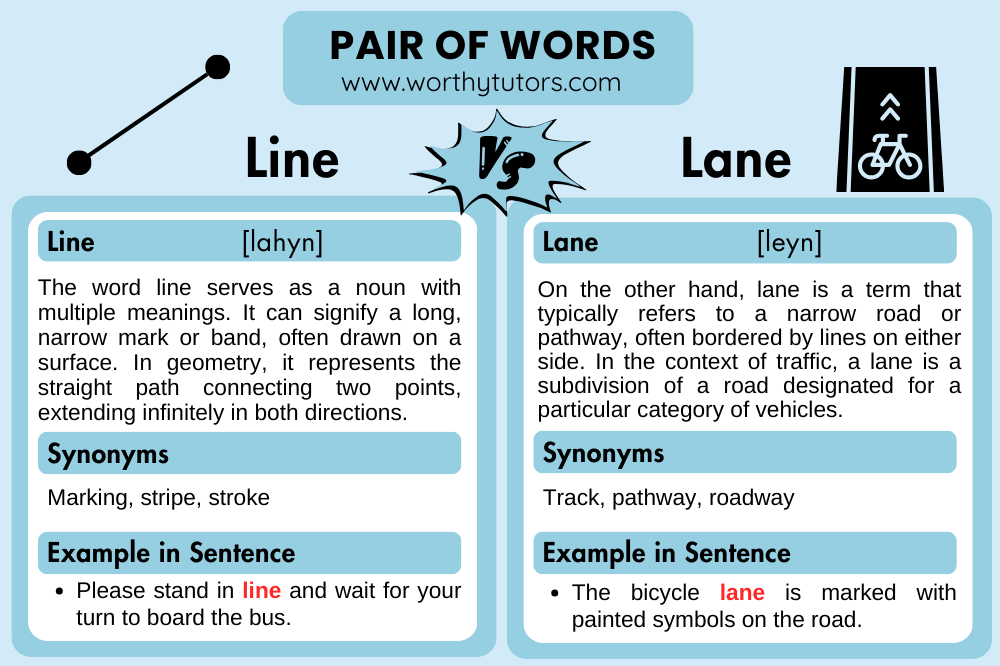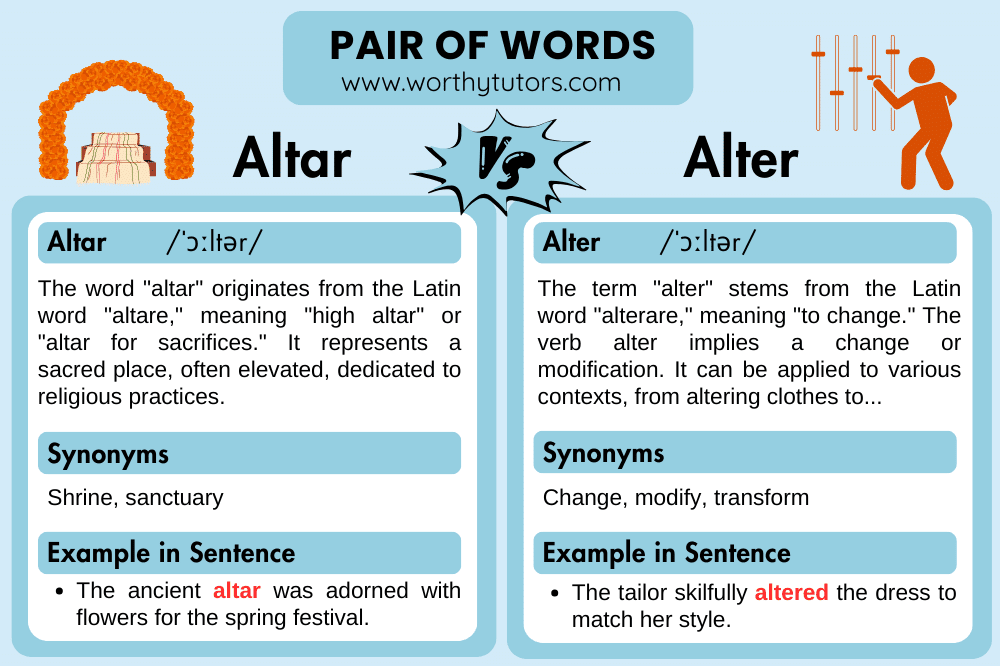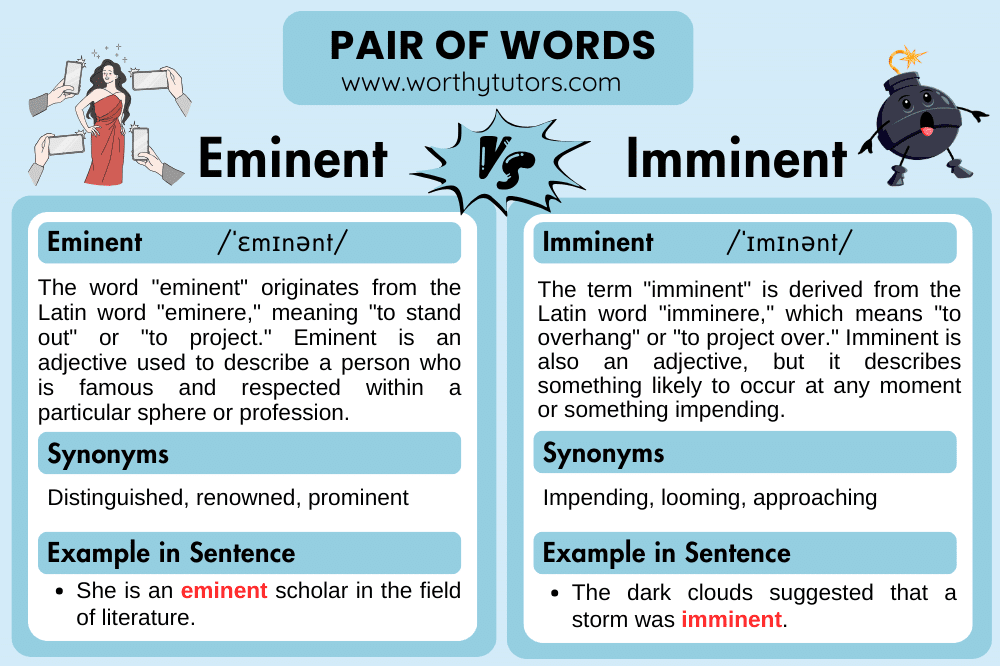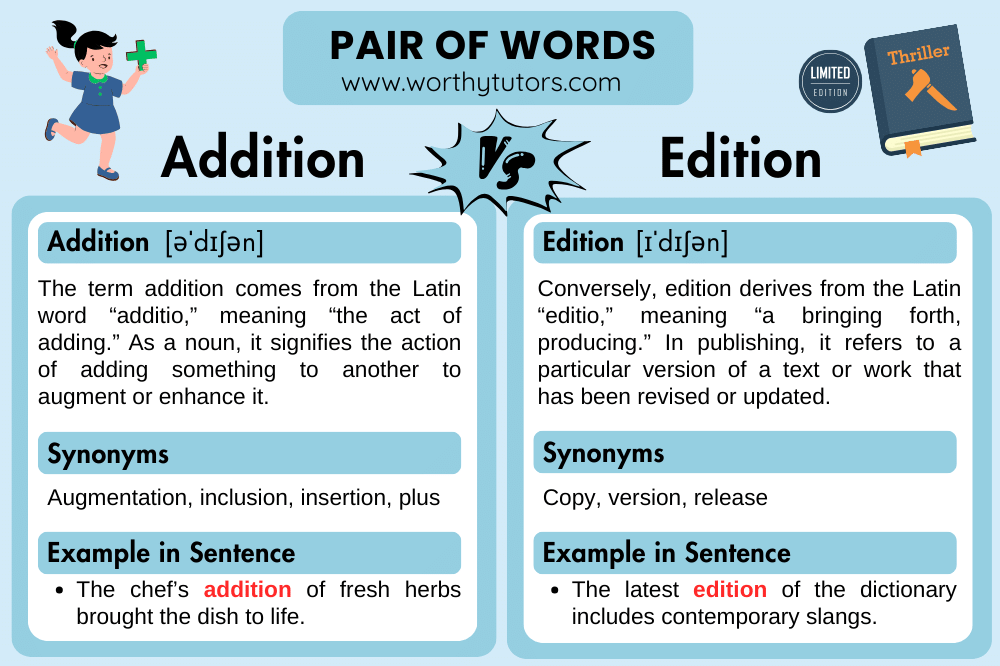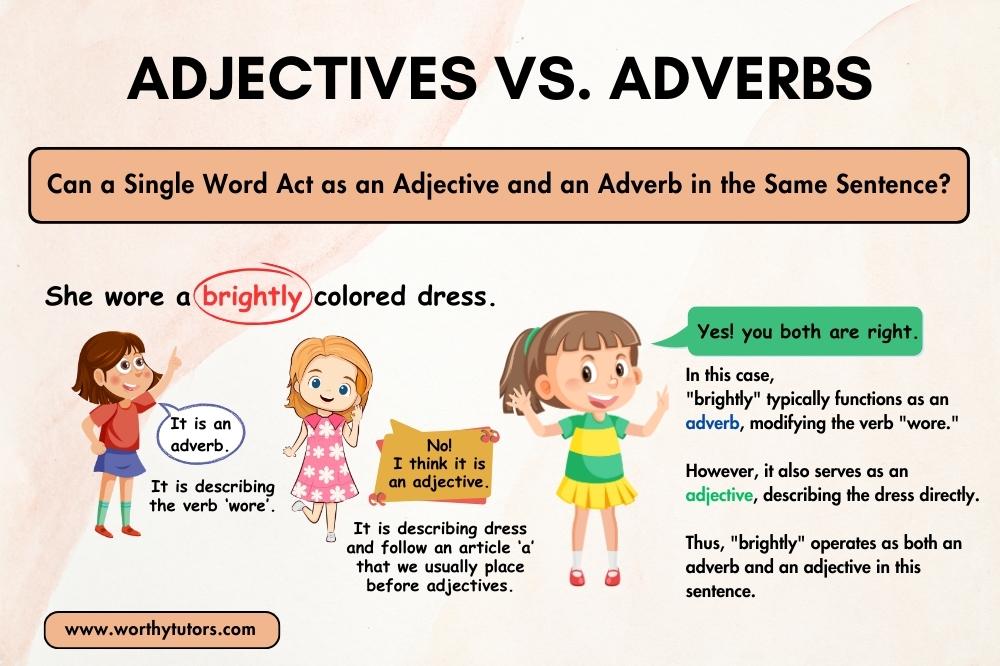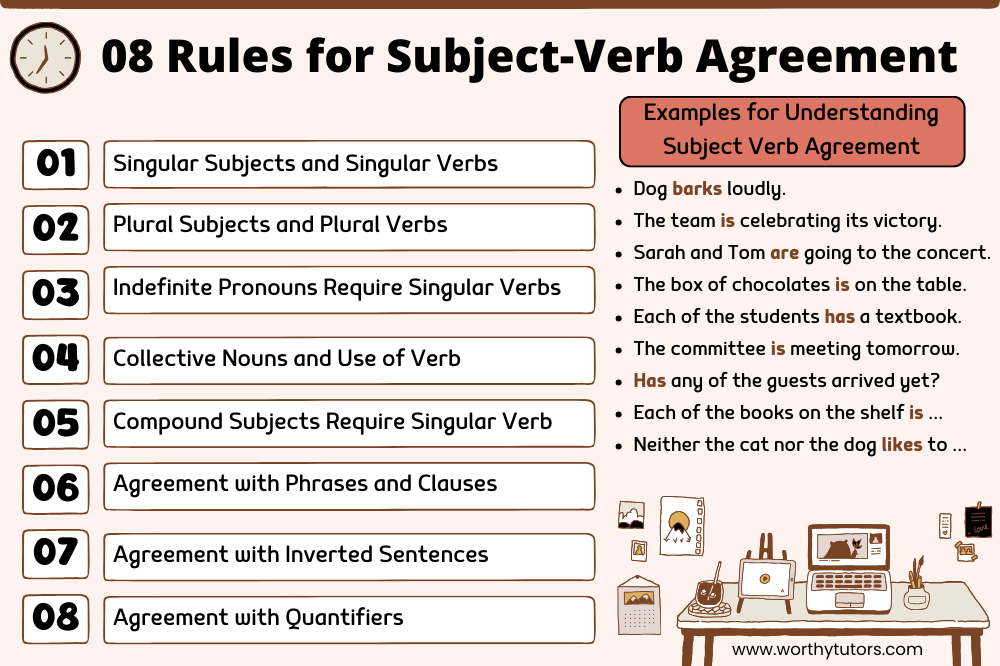Differences Between Lose, loss, lost, loose, and Loosen The English language is a labyrinth of words where even the slightest …
Read MoreFinding Hidden Differences between Line and Lane
Differences Between Line and Lane The beauty of language lies in its precision and the power it bestows upon us …
Read MoreDifferentiating Homophones | Altar vs. Alter
Know the Differences Between Altar and alter Homophones in the English language are a fascinating phenomenon, where words sounding identical …
Read MoreDistinguishing Between Eminent and Imminent | Homophones
Differences Between Eminent and Imminent In the English language, certain words may sound similar but have vastly different meanings, leading …
Read MoreIsle vs. Aisle: Knowing the Differences
Knowing the Difference Between Isle and Aisle English abounds with words that sound alike but hold distinct meanings, termed homophones. …
Read MoreAffect vs. Effect: Differentiating Pair of Words
Differentiating Affects and Effects In the English language, certain words cause more than their fair share of confusion. “Affect” and …
Read MoreAdvice vs. Advise: Understanding the Differences
Differentiating Advice and Advise English is abundant in words that share similarities in sound yet differ in meanings and applications. …
Read MoreAddition vs. Edition | Dissecting Homophones
Understanding the Difference: Addition vs. Edition The English language is a treasure trove of words that, while sounding similar, carry …
Read MoreExamples of a Single Word Acting as Both Adjective and Adverb
Have you ever come across a sentence where a single word seems to serve as both an adjective and an …
Read More08 Rules for Subject-Verb Agreement
Subject-verb agreement ensures coherence between subject and verb in a sentence. It establishes the agreement between the number and person …
Read More